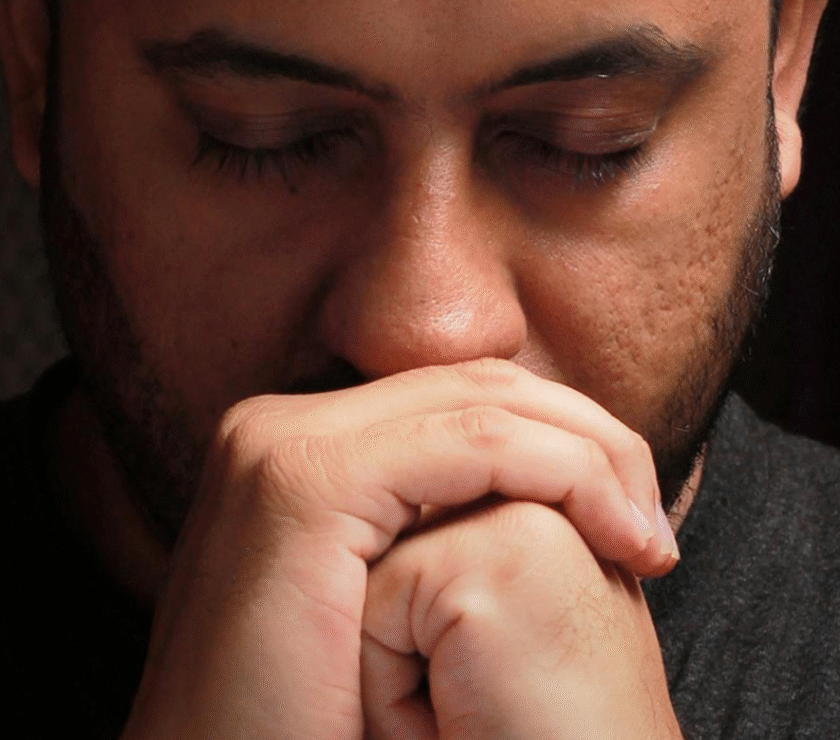Slow Down in a Fast World: Finding Calm in Chaos
Have you ever said “yes” when every part of you wanted to say “no”? Do you find yourself rearranging your schedule, your energy, even your dreams—just to avoid disappointing someone else?
If so, you’re not alone. Many of us have learned to make ourselves small so others can feel comfortable.
Many of us have learned to make ourselves small so others can feel comfortable. On the surface, it looks like kindness or generosity. But underneath, it’s often driven by fear.
This is the heart of people-pleasing: a behavioral pattern where you consistently prioritize others’ needs at the expense of your own, not because you want to, but because you feel you have to.
Kindness comes from choice; people-pleasing comes from fear. And that difference makes all the difference.
The Psychological Cost of Constant Busyness
On the surface, staying busy feels productive. But beneath the rush, the mind and body pay a heavy price.
Stress and Anxiety
Our nervous system was not built for unending stimulation. The constant need to juggle tasks keeps the body in “fight or flight” mode. Cortisol levels rise, sleep suffers, and we carry a low-level restlessness that never fully switches off.
Shallow Connections
Busyness doesn’t just affect us individually—it seeps into our relationships. Conversations shrink into quick exchanges about logistics: “Did you do this? What’s next?” The deeper connections that come from unhurried time—laughter, intimacy, genuine listening—are pushed aside.
Loss of Focus
Multitasking may look efficient, but research shows it scatters our attention. When the brain is forced to switch repeatedly, it tires easily, leading to mistakes, forgetfulness, and that constant feeling of being “behind.” Over time, our ability to concentrate deeply weakens.
Emotional Numbness
Perhaps the most insidious effect of busyness is numbness. When every moment is filled, we lose touch with our own signals—hunger, fatigue, even joy. Life becomes a checklist instead of an experience. We move, but we no longer feel.
Why Slowing Down Feels So Hard
Ironically, the times when we most need to slow down are the moments when it feels impossible. Thoughts like “I don’t have time,” “I’ll fall behind,” or “Others are doing more than me” echo in our minds.
Part of this comes from how we tie worth to productivity. Many of us equate busyness with value: “If I’m not busy, am I useful? Am I enough?” This belief makes rest feel indulgent, even irresponsible.
But slowing down does not mean losing ambition or neglecting responsibilities. It simply means creating small pauses and intentional rhythms that allow the mind and body to reset. It means living with more clarity, instead of being swept away by urgency.
Shifting Your Mindset Around Slowing Down
Slowing down is less about doing nothing and more about doing things differently—more mindfully, more intentionally.
Reframe Productivity: True productivity isn’t about constant motion. A rested, centered mind often achieves more with less effort because it is clear and focused.
Give Yourself Permission: Rest is not wasted time—it is repair. By slowing down, you are recharging your capacity to work, create, and connect.
Value Quality Over Quantity: A handful of deeply lived moments—a shared meal, a thoughtful conversation, a walk in nature—bring more meaning than hours of frantic activity.
Start Small: Slowing down doesn’t require drastic change. It begins with simple choices: a slower walk, a meal without your phone, a quiet pause before starting the day. These micro-moments slowly rewire your relationship with time.
The Ripple Effect of Slowing Down
The effects of slowing down extend far beyond yourself. When you live at a gentler pace, you notice more—the warmth of sunlight on your skin, the sound of laughter in a room, the taste of food savored instead of rushed. These details don’t just enrich your life—they ripple outward.
Calmness is contagious. When you slow down, people around you feel it too. Families find more harmony. Friendships deepen. Workplaces feel less tense. By choosing presence over pressure, you create an atmosphere where connection and care can thrive.
Slowing Down as an Act of Rebellion
In a world that glorifies hustle and glorifies exhaustion as proof of dedication, choosing to slow down is a quiet act of rebellion. It is saying no to the culture of constant urgency and yes to a life of depth, intention, and authenticity.
You don’t need to escape your life to find peace—you can invite it in with smaller, slower choices each day. Instead of racing to “fit it all in,” slowing down helps you realize that much of what you chase isn’t urgent after all. What truly matters becomes clearer when you give yourself the space to see it.
Slowing down isn’t about doing less—it’s about living more fully. It is about reclaiming your attention from endless demands and choosing to be present for what matters most.
So, the next time you feel caught in the whirlwind of deadlines, messages, and obligations, pause. Take one slow breath. Remind yourself: I am here. I am enough. I can slow down.
It may feel small, but that single pause is the beginning of a more grounded, intentional way of living—one that prioritizes calm over chaos, depth over distraction, and presence over pressure.


